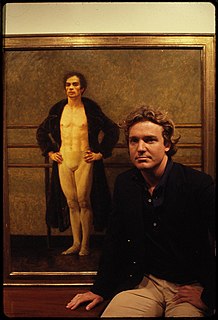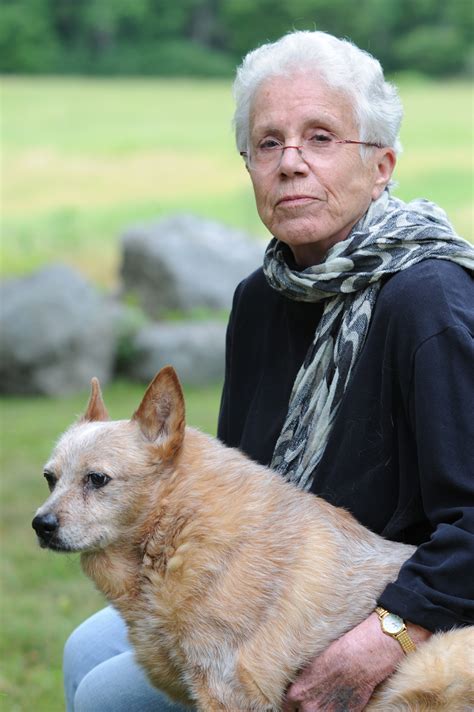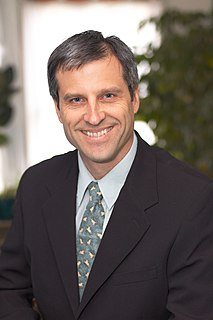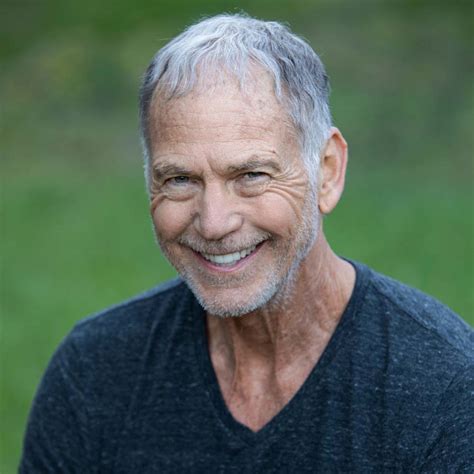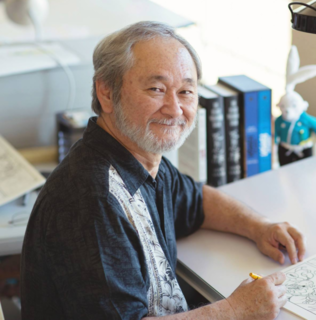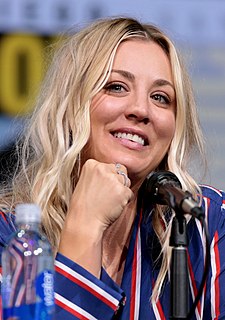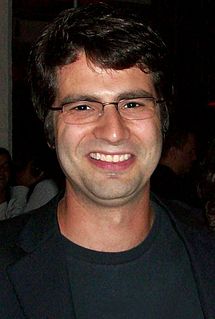A Quote by Jamie Wyeth
I spent a lot of time alone; I left school to be tutored. So, most of my companions were animals. It's as simple as that. I knew more animals than I did people.
Related Quotes
Humans and other animals experience love and fear, and form deep emotional bonds with cherished companions. We mourn when a close friend dies, and so do other animals, as Barbara King's poignant book illustrates in compelling detail. How Animals Grieve helps us to connect and to better understand the complex social lives of other animals and of ourselves.
I wish people were more like animals. Animals don't try to change you or make you fit in. They just enjoy the pleasure of your company. Animals aren't conditional about friendships. Animals like you just the way you are. They listen to your problems, they comfort you when you're sad, and all they ask in return is a little kindness.
We owe them [animals] a decent life and a decent death, and their lives should be as low-stress as possible. That's my job. I wish animals could have more than just a low-stress life and a quick, painless death. I wish animals could have a good life, too, with something useful to do. People were animals, too, once, and when we turned into human beings we gave something up. Being close to animals brings some of it back.
If people knew how badly animals were treated in today's factory farms, if people knew how completely confined and immobilized these creatures are for their entire lives, if people knew how severe and unrelenting is the cruelty these animals are forced to endure, there would be change. If people knew. But too many of us choose to look the other way, to keep the veil in place, to remain unconscious and caught in the cultural trance. That way we are more comfortable. That way is convenient. That way we don' t have to risk too much. This is how we keep ourselves asleep.
When humans act like animals, they become the most dangerous of animals to themselves and other humans, and this is because of another critical difference between humans and animals: Whereas animals are usually restrained by the limits of physical appetites, humans have mental appetites that can be far more gross and capacious than physical ones. Only humans squander and hoard, murder and pillage because of notions.
When I was 7, I went to school in Switzerland because everyone on my mom's side of the family lives there. Then we were back in Australia, in Queensland. That's where we had the chance to have lots of different animals. I spent a lot of time living in nature and building cubby houses in big old trees by the ocean.
